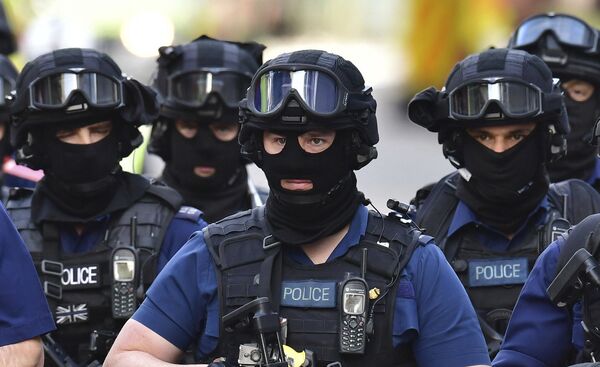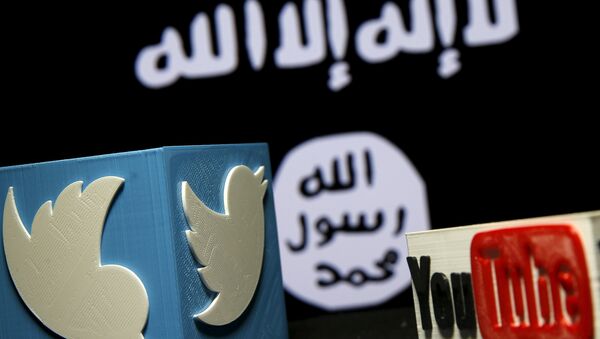Recently we have seen the liked of YouTube and Facebook trying to clean-up their services. Google, for example, have confirmed that they will remove any terror-related content from YouTube, announcing their latest plans in an article published in the Financial Times.
The task force will be known as the Global Internet Forum to Counter Terrorism. Its solo efforts have been welcomed by global governments, as the Global Internet Forum to Counter Terrorism said that teaming up is the way forward to combat extremist acts.
"The spread of terrorism and violent extremism is a pressing global problem and a critical challenge for us all. We take these issues very seriously, and each of our companies have developed policies and removal practices that enable us to take a hard line against terrorist or violent extremist content on our hosted consumer services. We believe that by working together, sharing the best technological and operational elements of our individual efforts, we can have a greater impact on the threat of terrorist content online," the Global Internet Forum to Counter Terrorism said in an online statement.
"[We] want to formalize and structure existing and future areas of collaboration between our companies and foster cooperation with smaller tech companies, civil society groups and academics, governments and supra-national bodies such as the EU and the UN," the Forum added.
Today, we announce the Global Internet Forum to Counter Terrorism alongside our peers Facebook, Microsoft & YouTube https://t.co/vVcYMWsRJs
— Policy (@policy) June 26, 2017
They also said that their work will evolve over time as they need to be responsive to the ever-changing terrorist extremist tactics.
However, the group said that they will focus on finding technological solutions, which will involve working with companies to refine and improve existing joint technical work, as well as conducting research, which will mean commissioning studies in order to help remove terrorist content. The team has also confirmed they will focus on knowledge-sharing, working with counterterrorism experts, such as governments, civil society groups, academics and companies to engage in shared learning about terrorism.
"We will have a joint partnership with the UN Security Council Counter-Terrorism Executive Directorate (UN CTED) and the ICT4Peace Initiative, we are establishing a broad knowledge-sharing network to: Engage with smaller companies, where we will help them develop the technology and processes necessary to tackle terrorist and extremist content online," the Global Internet Forum to Counter terrorism said in an online statement.

After the June 3 London Bridge terror attacks, in which eight people were killed, UK Prime Minister, Theresa May said that something has to be done to combat online extremism.
"We cannot and must not pretend that things can continue as they are," the PM said, "and they need to change in four important ways," the UK PM said at the time.
"Second, we cannot allow this ideology the safe space it needs to breed. Yet that is precisely what the internet — and the big companies that provide internet-based services — provide. We need to work with allied, democratic governments to reach international agreements that regulate cyberspace to prevent the spread of extremism and terrorist planning. And we need to do everything we can at home to reduce the risks of extremism online," Mrs. May said.
Only recently, search engine Google, which also operate and own the video sharing service YouTube, claimed that the future of humanity is in a downward spiral after shedding light on users' viewing habits. YouTube's CEO Susan Wojcicki said that 1.5 billion logged-in viewers visit YouTube every single month, which only comes to show how accessible and available online content associated with hate speech, radicalization and terrorism is, therefore increasing the likelihood of it being digested.



